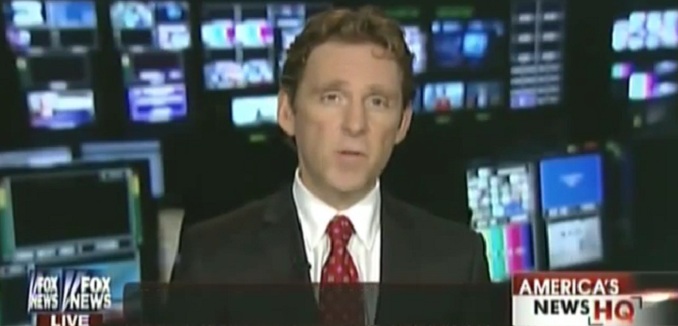The U.S.’s Israeli and Arab allies are said to be furious over a deal, which the West is widely reported to be close to finalizing with Iran, which would see Iran make limited concessions on its nuclear program in exchange for financial relief that Mark Dubowitz, executive director at the Foundation for Defense of Democracies, says weakens the sanctions regime:
“It totally eviscerates the sanctions regime if you allow Iran to spend money at its discretion to fund the very nuclear program it’s funding, the very nuclear program you’re trying to stop, or to fund terrorist activities against American citizens,” said Dubowitz, who had proposed a different plan to allow Iran to buy non-sanctioned goods in Europe while negotiations continue.
Iran has $80 billion in foreign accounts, with unrestricted access to only $20 billion, Dubowitz said. He said he was not told the amounts under consideration in the plan.
“They told me, don’t worry, it’s reversible. If they cheat it won’t happen again. But that’s not reversible, unless you only give them 1% up front and more later.”
Dubowitz also emphasized that the cash infusion that Iran would receive could be used to boost Tehran’s nuclear program – which the deal is aimed at limiting – and to promote global terrorism.
Widely leaked details of the deal indicate that Iran will be permitted to continue enriching uranium up to 3.5% and does not force Iran to dismantle its existing uranium infrastructure, a scenario that experts, journalists, and U.S. lawmakers have all emphasized will leave the Islamic republic with the capability to sneak across the finish line once a political decision is made to do so. Iran will also be allowed to continue developing its Arak facility, which the Washington Post and others recently insisted must be part of any deal because it will produce plutonium Iran could use for nuclear bombs.
Tony Badran, a research fellow at the Foundation for Defense of Democracies, bluntly described recent remarks by Secretary of State John Kerry:
During his trip to Saudi Arabia on Monday, US Secretary of State John Kerry sought to offer public reassurances to the Kingdom and minimize the perception of a rift between the two allies. “This is a deep relationship and it has endured now for more than 70 years, and it will endure well into the future,” Kerry said. However, a close reading of the Secretary’s full remarks suggests that Washington has likely reinforced the Saudi, as well as the Israeli, view that when it comes to Iran, the White House is so dead-set on an agreement that it will not only part ways with its traditional allies, but will also make sure they don’t get in the way.
Israeli Prime Minister Benjamin Netanyahu reportedly told Kerry that Israel would not be bound by what Netanyahu had elsewhere called a “very bad deal” in which Iran “got everything and paid nothing.”
The developments come days after the Wall Street Journal assessed that the secrecy with which the Obama administration had approached the talks had already “alienated several Mideast allies, notably Israel and Saudi Arabia” and quoted a senior Arab official as saying that “in the current environment, our fears [of Iran] have only been exacerbated.”




